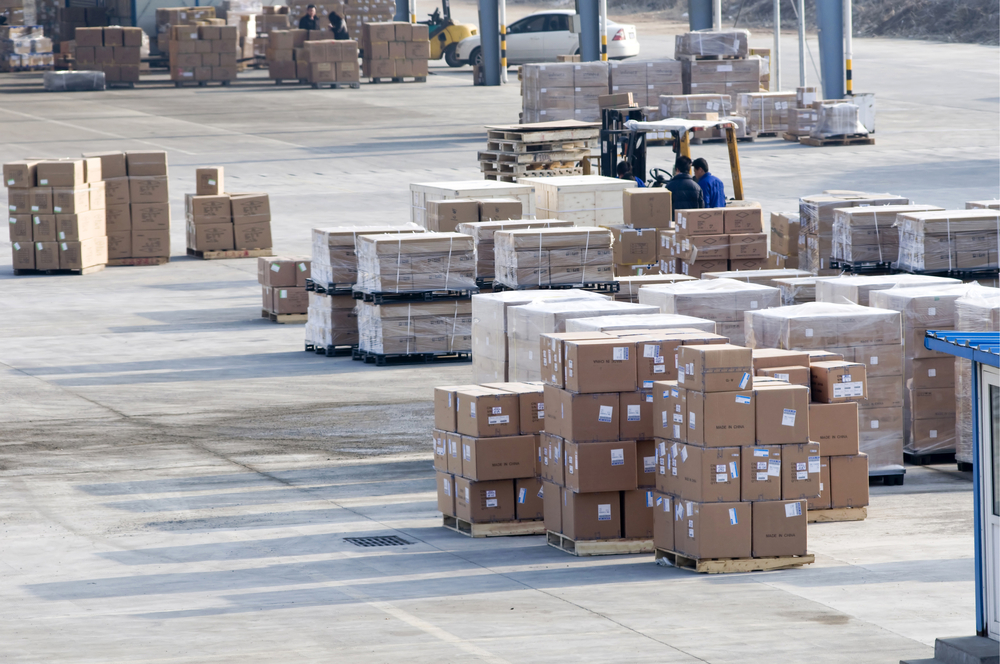
The Government Accountability Office (GAO) recently announced that the U.S. Customs and Border Protection (CBP) has failed to verify some licenses for radiological shipments through U.S. airports.
Warning that such material as contained within these shipments could be used by terrorists to make dirty bombs, GEO has called on the CBP to develop systems to improve its shipment verification and identification. Tens of thousands of shipments containing such material enter the country each year, and without guaranteeing each shipment is identified, a great deal of dangerous material could move through the country unaccounted for.
Under current policy, CBP officials are required when alerted to verify licenses by calling experts at their centralized offices. Only two of four airports GAO visited noted they were calling as required–and regarding the others, headquarters officials weren’t even aware of non-compliance. This occurred between Jan. 1, 2015, and Sept. 30, 2016, and in the same time period, GAO discovered that even when CBP officials were alerted to verify licenses for a number of shipments of licensable radiological materials moving through U.S. airports, they did not make all the required calls.
The problem, they determined, is that CBP lacks a monitoring system to ensure officials make the required calls. The fact that procedures are also based on automated alerts that may or may not have all relevant info that indicates possibly dangerous radiological material. Without an assessment of relevant info not currently included in their automated alerts or how to create a more risk-based approach that distinguishes between higher and lower risk quantities of radiological materials, the GAO said CBP may be unable to develop a system or procedures to best support its verification policy.
GAO thus recommends the creation of a monitoring system to guarantee CBP officials comply with their own verification policy, conduct an assessment to determine the aforementioned information and create a system that allows identification of shipments of greatest risk. GAO did report, however, that CBP has concurred with these recommendations and outlined actions going forward.




